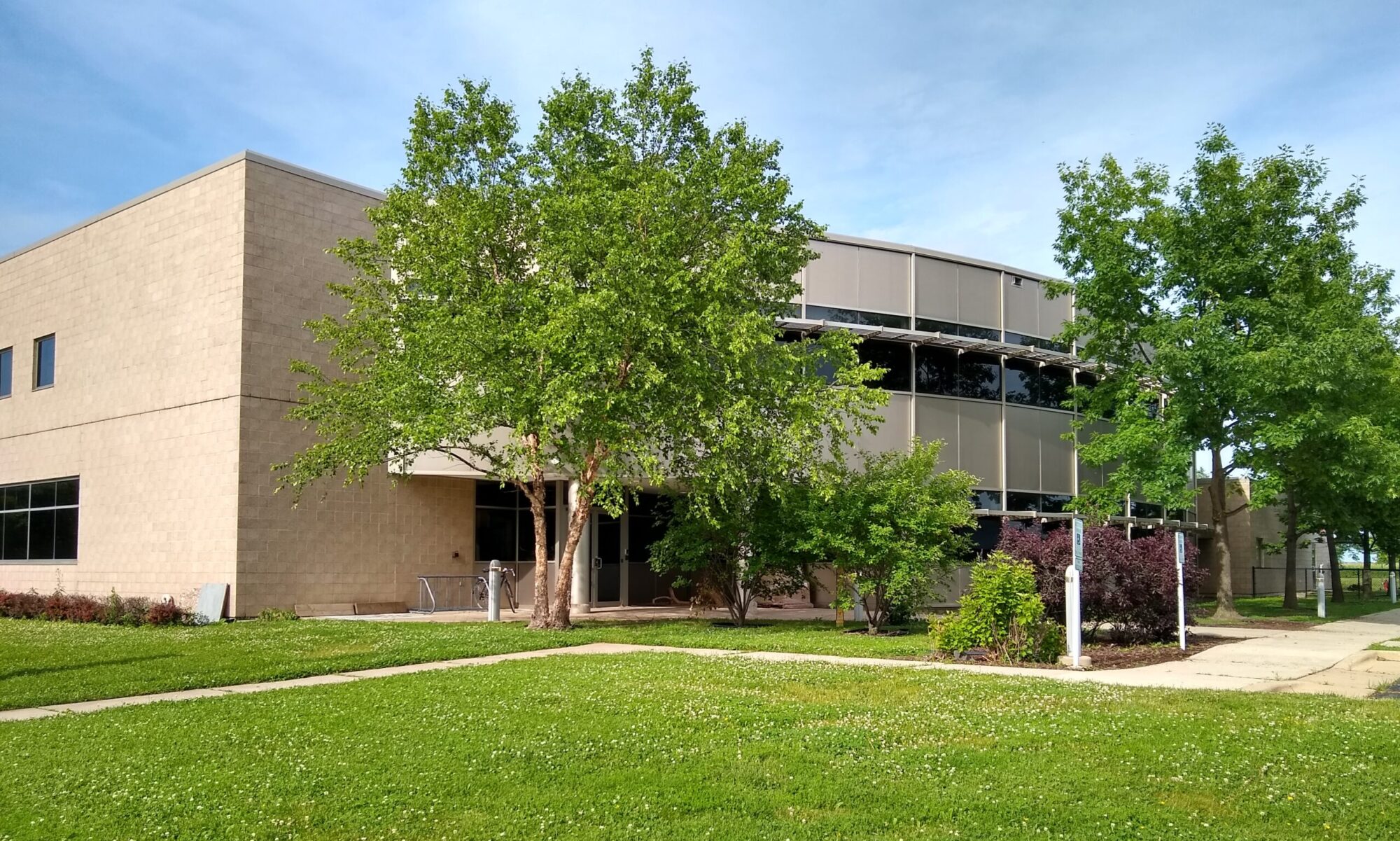About Montessori Education
Montessori Philosophy (AMI USA)
Montessori v Mainstream (AMI USA)
Montessori Parent FAQ (AMI USA)
Glossary of Montessori Terms (AMI USA)
Montessori: Education for the 21st Century by Dr. Steve Hughes (Montessori Australia Foundation)
Standards for Montessori Classrooms (AMI USA)
Montessori Frequently Asked Questions (FAQ) (National Center For Montessori In The Public Sector)
Montessori Education Provides Better Outcomes Than Traditional Methods, Study Finds (Montessori Science)
Public Montessori Education
Maintaining Authenticity Amid the Press for Student Achievement (Annie Fisher Montessori Magnet School)
About Dr. Maria Montessori
Biography of Dr. Maria Montessori (AMI USA)
Timeline of Maria Montessori’s Life (AMI USA)
Benefits of Montessori Education in the Press
Students Prosper with Montessori Method (Scientific American)
A new study among children from Milwaukee shows that Montessori delivers significant benefits over traditional public schools for the youngest students
Montessori Builds Innovators (Harvard Business Review)
So shouldn’t we be paying a great deal of attention to the educational method that produced, among others, Larry Page, Sergei Brin, Jeff Bezos, Jimmy Wales, Peter Drucker, Julia Child, David Blaine, and Sean “P. Diddy” Combs? They were all students in Montessori schools
Inner-City Montessori School Creates Model Citizens (HealthDay)
On several dimensions, children at a public inner city Montessori school had superior outcomes relative to a sample of Montessori applicants who, because of a random lottery, attended other schools. By the end of kinder- garten, the Montessori children performed better on standardized tests of reading and math, engaged in more positive interaction on the playground, and showed more advanced social cognition and executive control
Evaluating Montessori Education
An Association Between Montessori Education in Childhood and Adult Wellbeing by Dr. Angeline Lillard (Frontiers in Psychology)
Studies
Shunned and Admired: Montessori, Self-Determination, and a Case for Radical School Reform (PDF) (Angeline S. Lillard. Educational Psychology Review)
Why does Montessori persist (and increasingly in the public sector) and why does it elicit such sharply contrasting reactions? This article reviews several reasons why it is admired, such as evidence of Montessori’s effectiveness, its alignment with educational psychology research, and its broad scope. The points of research alignment are presented as natural corollaries of Montessori’s central premise: independence, or self-determination. After discussing these extrinsic and intrinsic reasons why Montessori is admired, the article concludes with speculation as to why it is also shunned—namely its incommensurability with conventional education culture and what might be a consequence: frequent poor implementation. The incommensurability of evidence-based alternatives with the conventional system is also posed as a reason for radical school reform.
The Science Behind the Genius (PDF) (Angeline Lillard. Montessori: The Science behind the Genius)
Two fundamental cornerstones of American schooling today were placed at the turn of the 20th century: the school as a factory and the child as a blank slate. Students of child development know that these ideas are obsolete, but they continue to have a profound impact on how schooling is done.
Montessori Outcomes (montessori-science.org)
A 2006 study comparing outcomes of children at a public inner-city Montessori school with children who attended traditional schools indicates that Montessori education leads to children with better social and academic skills.
Understanding Circle Time Practices in Montessori Early Childhood Settings (PDF) (Andrea Koczela, Kateri Carver. Journal of Montessori Research)
This article discusses how circle time is used to foster social interaction, community building, and shared learning experiences among young children, while adhering to Montessori principles of child-led and respectful teaching methods. The study provides insights into the balance between structured and flexible approaches to circle time, emphasizing its importance in holistic child development.
The Social Question of the Child (PDF) (Maria Montessori. AMI Journal)
The article, The Social Question of the Child by Maria Montessori, published in 1932 and revisited in 2024, emphasizes the importance of the child’s role in society and the urgent need for reform in education to address their social rights. Montessori critiques totalitarian systems for exploiting children and advocates for recognizing the child as a vital contributor to societal evolution. She underscores the necessity of aligning education with both the natural and spiritual development of humanity, linking the child’s well-being to the broader progress of civilization.
Webinars
Creating Environments that Support Adult Learning and Collaboration, Part I: Effective Facilitation (Video) (Candice Bocala. Harvard Graduate School of Education)

